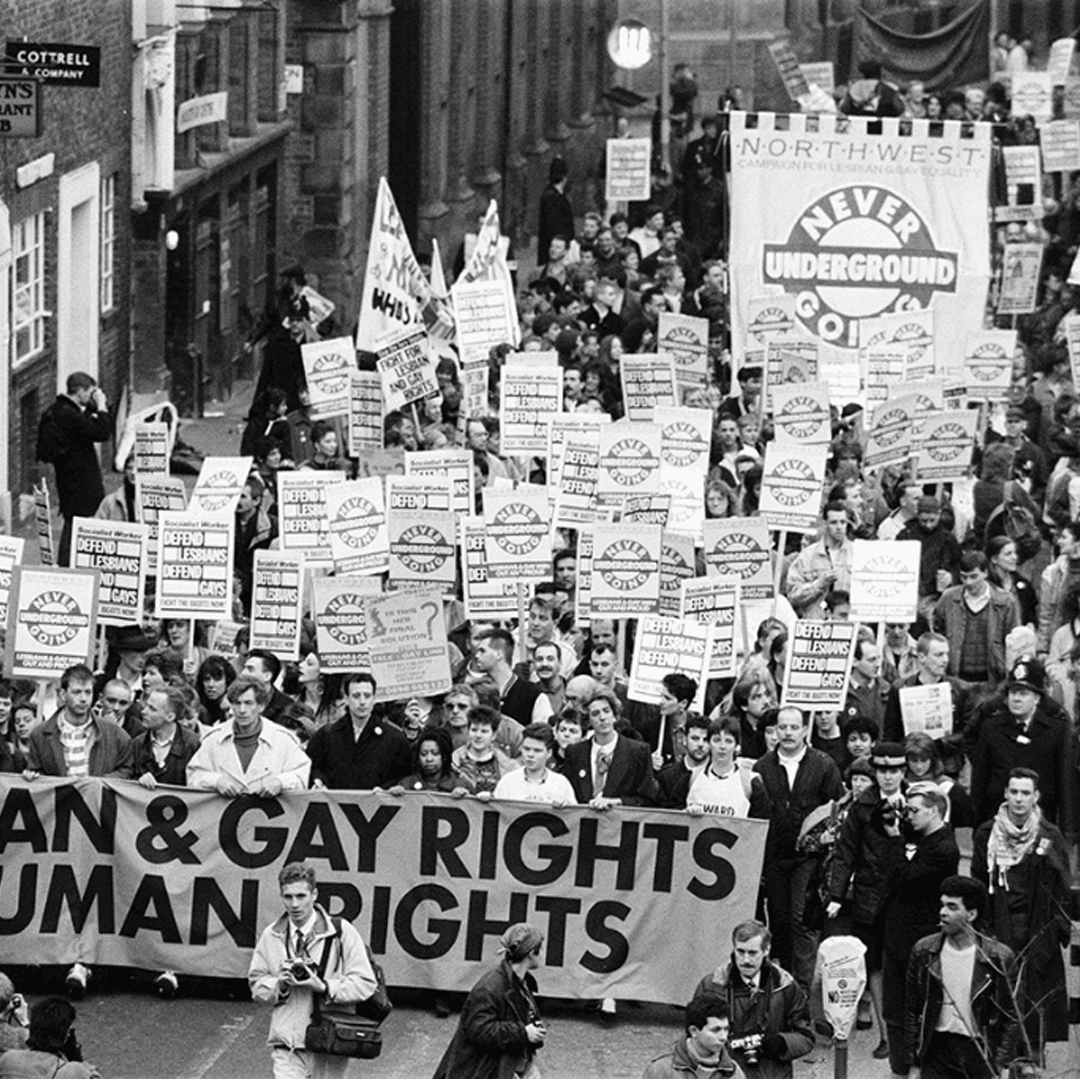
June is a month of acceptance, equality, and celebration of the work of LGBTQ+ people, both past and present. Pride month offers the LGBTQ+ community not only an opportunity to express their pride in their sexual orientation or gender identity, but also to advocate for legal rights, raise awareness about inequality and injustice. It is important not only to celebrate the month itself but also to carry these values throughout every single day, below is a brief history of Pride to recognise why this month is so important and the progress that the LGBTQ+ communities have made over the last 50 years.
28 June 1969
On June 28, 1969, Stonewall Inn, a private gay club located on Christopher Street in New York, was a popular gathering place for the gay community, as it was one of the few bars in the city where same-sex couples could dance together. Like many other gay bars in New York and across America at that time, the bar was frequently subjected to police raids, with an average of one raid per month leading up to the events of June 28, 1969.
Around 1:20 am, police officers entered the bar and attempted to arrest patrons and staff who did not have identification. A large crowd gathered outside, consisting of those asked to leave and curious neighborhood residents. Stormé DeLarverie, a female performer dressed in traditionally masculine clothes, was the first person to physically resist the police, inspiring other patrons to join in by shouting, throwing coins, and engaging in physical confrontations with the police. This marked the beginning of a six-day riot of protests and violent clashes, which served as a catalyst for the Gay Rights Movement.
28 June 1970
On June 28, 1970, exactly one year after the Stonewall raid, the first pride marches were held in New York, Los Angeles, and Chicago. These marches were attended by thousands of people and laid the foundation for future Pride events worldwide. Prior to the events at Stonewall, the Eastern Regional Conference of Homophile Organizations (ERCHO), an association of activist groups from the US East Coast, had been organizing Reminder Day Pickets every Independence Day to draw attention to the rights denied to the LGBTQ+ community and the daily inequality they faced. However, the Stonewall riots inspired ERCHO to shift their focus to organizing an annual demonstration in commemoration of Stonewall.
In 1970, two British activists, Aubrey Walter and Bob Mellor, traveled to the US and attended the Black Panthers' Revolutionary People's Convention, which invited delegations from the women's and LGBTQ+ rights movements for the first time. Inspired by the events of Stonewall, they founded the London branch of the Gay Liberation Front at the London School of Economics upon their return. Just a month after their first meeting, the group held its inaugural demonstration on November 27, 1970, at Highbury Fields, the location where liberal activist Louis Eakes had been arrested by the police. Around 150 people participated in the demonstration, protesting against the mistreatment of gay people in Britain.
1 July 1972
On July 1, 1972, the first-ever pride march took place in the UK, specifically in London. The date was chosen as the closest Saturday to the anniversary of the Stonewall Riots. Approximately 2,000 people attended this initial march, paving the way for subsequent marches across the UK in the following years.
1988
In 1988, the Local Government Act included Section 28, which stated that "A local authority shall not intentionally promote homosexuality or publish material with the intention of promoting homosexuality." This law had a detrimental impact on the awareness and activism that the LGBTQ+ community had been working towards for the past decade. Some local councils were forced to withdraw their support for Pride events, including refusing to display banners. However, other councils openly challenged the law by pledging funds and support for these events.
One year after the enactment of Section 28, activists and protesters came together to establish Stonewall, one of the UK's largest activist groups fighting for LGBTQ+ rights. Named after the New York riots of 1969, Stonewall aimed to campaign against this discriminatory law. Despite the uproar within local communities and the efforts of groups like Stonewall, it took over a decade for the act to be repealed in 2003.
Today
Today, more than half a century since the Stonewall Riots, we find ourselves in a more accepting and understanding time than ever before. However, there is still much work to be done. A report by Stonewall revealed that only 46% of LGBT people feel comfortable being open about their sexual orientation and identity. We need to do more to ensure that everyone is accepted for who they are. Numerous associations are working towards building a better future for LGBTQ+ people. Discover how you can help and get involved with this month's Pride events.